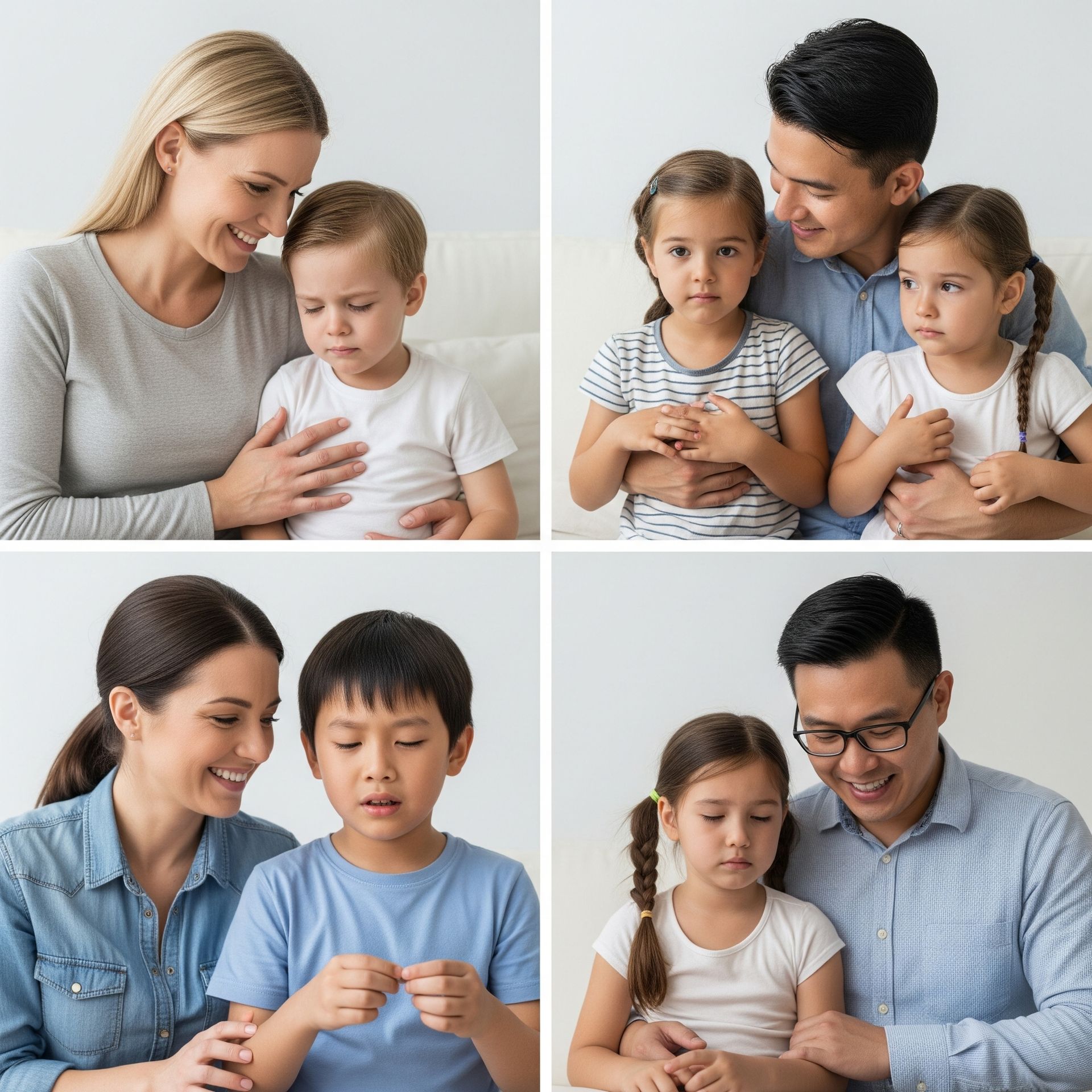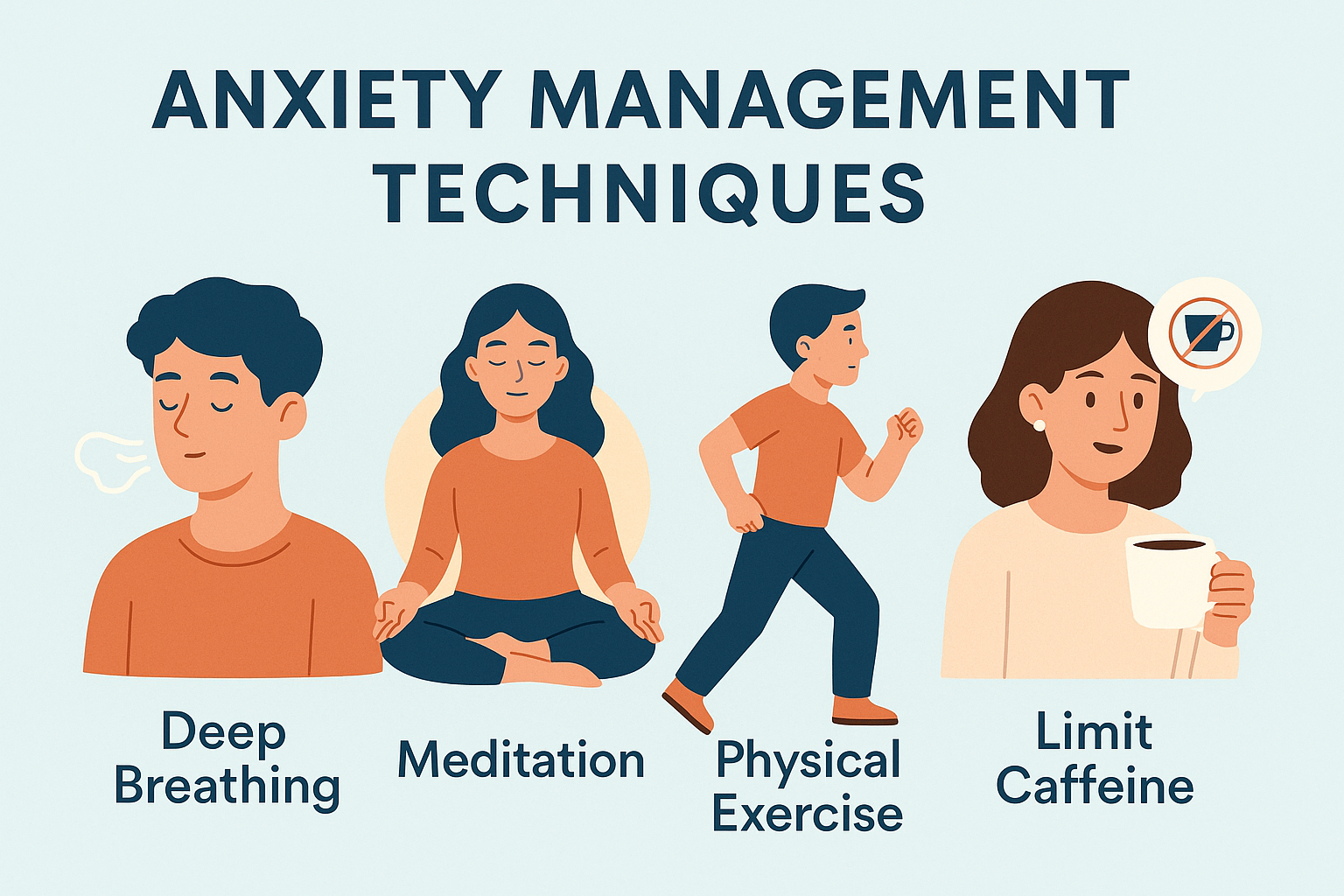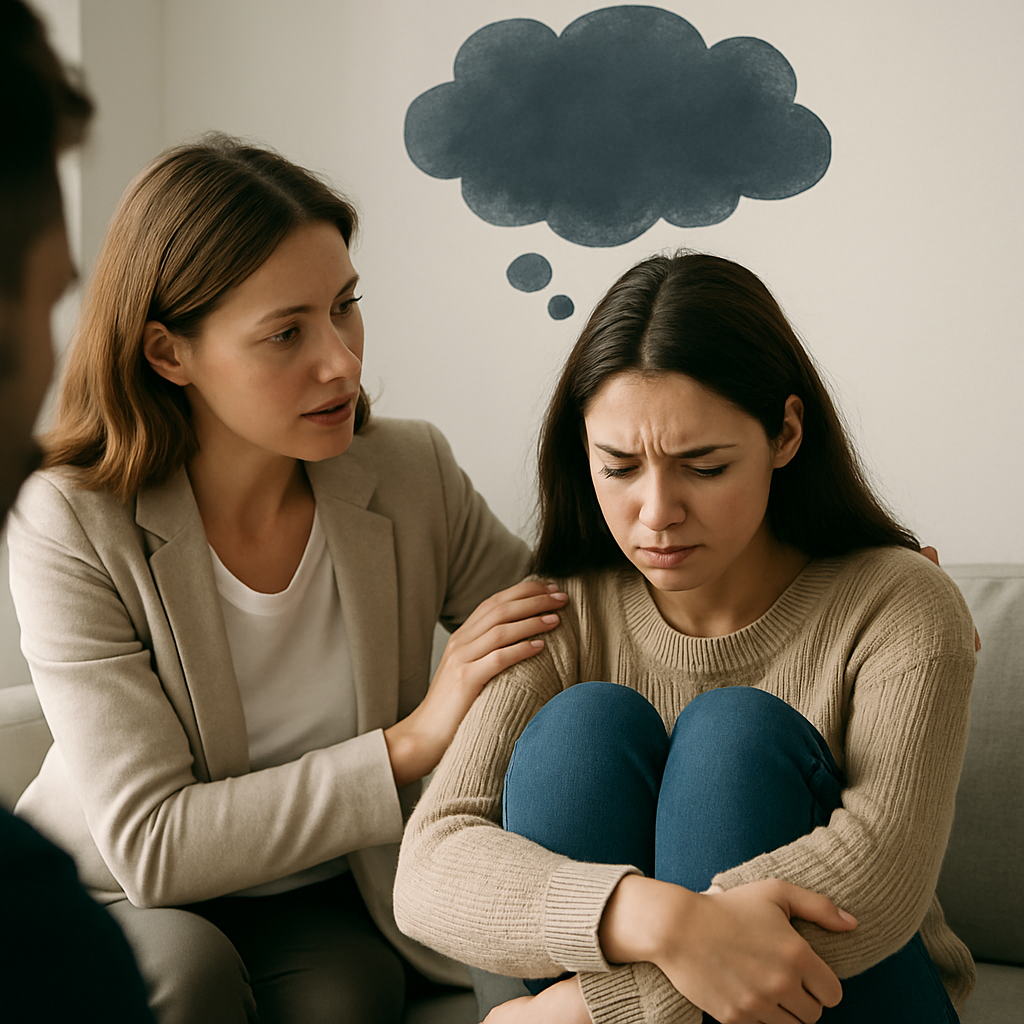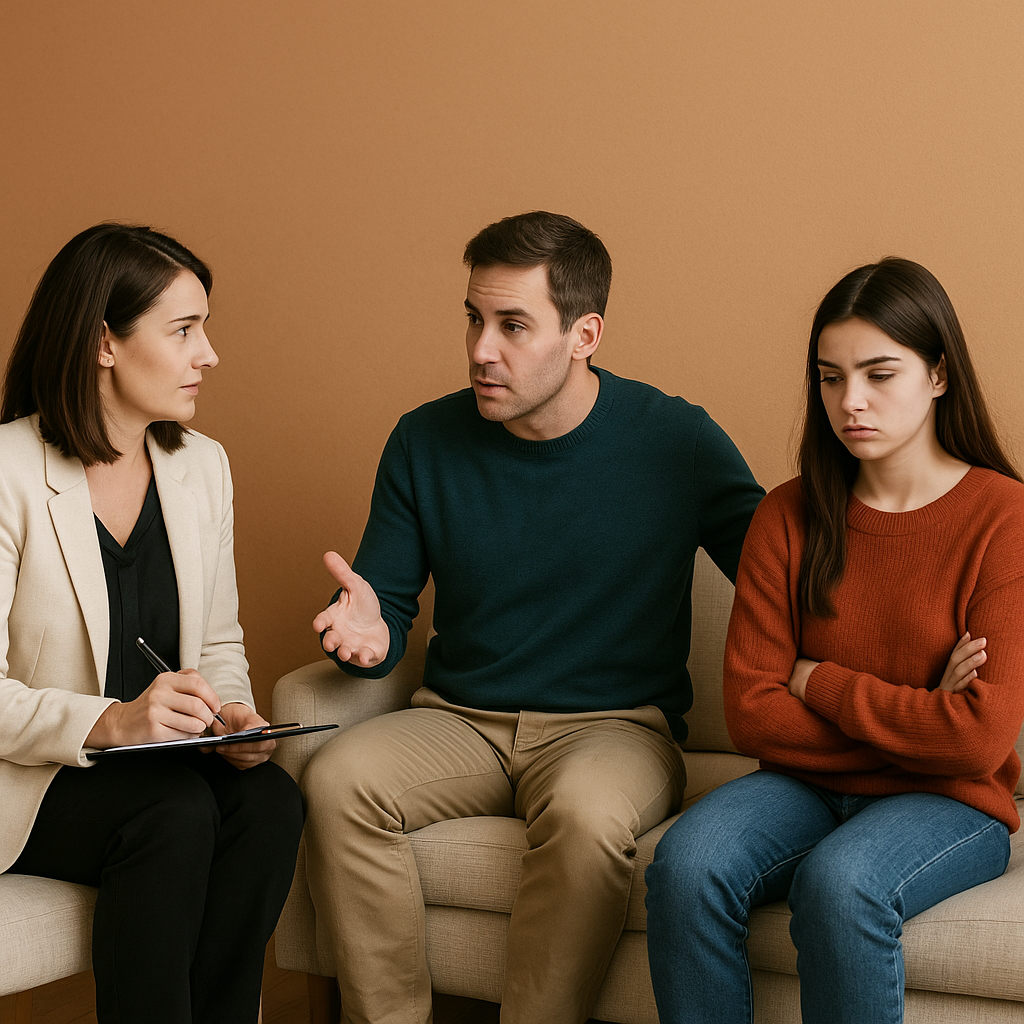
A Parent’s Guide: Helping Children Cope With Divorce
You see it in the quiet moments.
Maybe your talkative child has grown silent, spending more time alone in their room. Perhaps your easy-going teen is suddenly irritable, their frustration a constant simmer.
As a parent managing the difficulty of divorce, your primary concern is your child's well-being. You're doing everything possible to provide stability and love, but a question lingers in your mind: Are their moods a passing storm, or are they struggling with something that requires outside support?
Deciding if therapy is the right step can feel like another heavy weight.
At Beckloff Behavioral Health Center, we want to help you find clarity. Helping children cope with divorce doesn't mean having all the answers, but knowing when and where to find support.
The Emotional World of a Child During Divorce
When you and your spouse start the divorce or separation proceedings, you expect your child to have some emotional reaction. Sadness and anger, right?
Yet, in reality, they're going through a mix of complicated feelings, some they can't name themselves. Depending on the circumstances, they might feel torn, fear, responsibility for the separation, or relief.
Their world has changed fundamentally, and their reactions are how children attempt to cope with divorce.
What They Might Be Feeling, But Can't Say
A Sense of Loss
This isn't just about losing a two-parent home. It's the loss of routines, traditions, and the predictable rhythm of family life they once knew. Their entire sense of normalcy has been shaken.
Conflicted Loyalty
Many children feel caught in the middle. They worry that showing love or happiness with one parent is a betrayal of the other. This internal conflict can be exhausting and lead them to withdraw from both parents.
Anger and Confusion
It's common for children to feel angry about the divorce. They may direct this anger at one or both parents, their friends, or their teachers. Underneath that anger is often deep-seated confusion about why their family had to change.
A Sense of Relief
This can be the most confusing emotion for a child. If your home was filled with tension or frequent arguments, the separation might bring a quiet sense of calm. When the fighting stops and the fear of violence fades, it can feel like a relief.
When to Help Children Cope with Divorce: Signs to Look For
Every child reacts differently, but some behavioral changes can signal that they need dedicated emotional support focused on children.
Importantly. This isn't a reflection on your parenting; it's an acknowledgment that a neutral, trained professional can offer a unique kind of help.
Here are a few signs that it might be time to consider professional child counseling services.
● Persistent and significant changes in their mood, such as ongoing sadness, worry, anxiety, or irritability.
● A noticeable withdrawal from friends, family, school, or activities they once enjoyed.
● A sharp decline in grades or difficulty concentrating at school.
● Frequent, unexplained physical complaints like headaches or stomachaches.
● Regressive behaviors in younger children, such as bedwetting or clinginess.
● For older kids and teens, you might notice increased defiance or risky behaviors.
How Child Counseling for Divorce Creates a Safe Harbor
Therapy offers your child something powerful: A safe space.
A therapist is a neutral, trusted adult who isn't emotionally entangled in the family dynamic. At our center, our approach to therapy for kids of divorce is tailored to the child's age and personality. We focus on building skills that will last a lifetime.
We help by:
Giving Them a Voice
For older children and teens, therapy is a place to talk openly without fear of judgment or upsetting a parent. They can voice their anger, fears, and hopes to someone who is there just for them.
Healing Through Play
For younger children, feelings are often too big for words. We use play therapy, a cornerstone of our practice, to help them express their emotions through drawing, building, and storytelling.
A session might look like play, but it's a deeply therapeutic process of making sense of their new reality.
Building New Skills
We teach practical coping strategies. This could mean learning how to:
● Identify their feelings,
● Manage anxiety and stress,
● Communicate needs clearly to both parents, or
● Solve problems in a healthy way.
These skills give your child a sense of control and become foundational tools for their lifelong emotional well-being.
Helping the Whole Family Cope with Divorce
The goal of child counseling after a divorce is not to erase the pain of change but to give your child the tools and resilience to build a happy, healthy future. But helping your child thrive after a divorce also means taking care of the entire family system.
When parents have support, they are better equipped to help their children. This is why our divorce care services extend to the whole family.
Whether it's co-parenting counseling to build a healthy new dynamic or divorced family therapy to improve communication, we offer a holistic approach.
And remember, your well-being is critical, which is why we offer adult counseling services to help you manage your own stress and grief.
Choosing to seek help is a profound act of love and a sign of strength as a parent. Our licensed team specializes in helping families find their footing again.
Contact Us to Learn More
Disclaimer: The content on this blog is for informational purposes only and is not a substitute for professional medical advice. Always consult a qualified health provider with medical questions. Never disregard or delay seeking medical advice due to blog content. If you have a medical emergency, call your doctor or 911.



